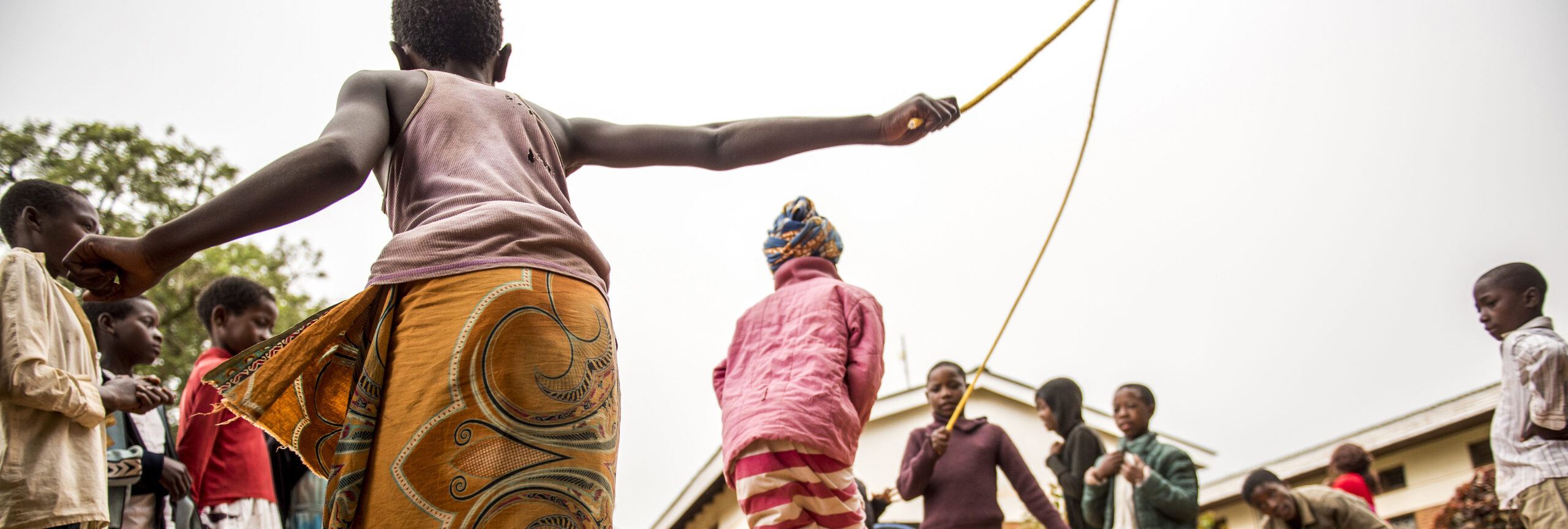In Malawi, deaths among people living with HIV began to plateau in 2016.1 Among people living with HIV (PLWH) in Malawi, over 40% have a CD4 < 200, meeting the criteria for advanced HIV disease (AHD). Further, 11.7% of those newly initiated onto antiretroviral therapy (ART) presented with AHD in 2019. These trends clearly indicated that despite significant national commitment and widespread availability of ART, the current national strategy was not adequately addressing the needs of people living with AHD.
To address this, the Ministry of Health, CDC Malawi, and EGPAF, through support from the Bill and Melinda Gates Foundation, joined together to support the national scale-up of a refined package of AHD care and to establish an AHD-focused quality improvement (QI) collaborative. The collaborative had two explicit goals:
- To improve outcomes of the AHD program by defining and scaling practical models for providing access to AHD services for PLWH in Malawi
- To disseminate these models as best practices for other countries with similar disease burden and resource constraints via mechanisms such as the CQUIN Advanced HIV Disease Community of Practice and the UNITAID/CHAI project for AHD
The project launched in October 2020 across seven districts in Malawi, three of which were existing, EGPAF-supported districts, and the other four were districts served by other PEPFAR-implementing partners. Lead by dedicated AHD focal points and district ART coordinators at the Department of HIV/AIDS (DHA), EGPAF and other partners, including facility-based QI teams, closely collaborated to ensure that the needed activities were implemented with fidelity and closely monitored.




